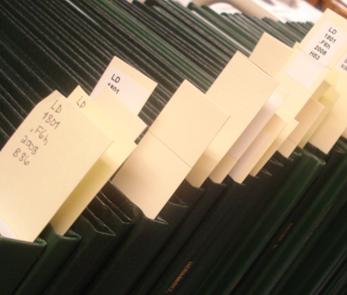
USF St. Petersburg campus Master's Theses (Graduate)
First Advisor
Major Professor: Richard Mbatu, Ph.D
Second Advisor
Dr. Yasin Elshorbany, Ph.D
Third Advisor
Dr. James Ivey, Ph.D
Fourth Advisor
Dr. Bob Wang, Ph.D
Publisher
University of South Florida St. Petersburg
Document Type
Thesis
Publication Date
2020
Date Issued
March 12, 2020
Abstract
This study measures methane fluxes in tropical agroforestry soils with relation to rainfall and temperature to determine agroforestry’s uses as a potential methane sink within the Reducing Emissions from Deforestation and Forest Degradation (REDD+) program. Agroforestry is a sustainable agriculture method which uses the intermingling of crops and trees for eventual timber harvesting. Agroforestry is known to provide carbon sequestration benefits and food security to small communities, while maximizing soil health. Belize is participating in the REDD+ program, where the role of methane is currently unclear. Methane samples from Maya Mountain Research Farm were collected several times per week during two key months for seasonal rainfall in Belize. Samples were analyzed using the static chamber and gas chromatography method. Environmental variables were also measured alongside methane fluxes. Average methane flux for the dry season campaign was -0.01 mg CH4 m-2 h-1 and -0.03 mg CH4 m-2 h-1 for the wet season campaign, where negative values are indicative of uptake. There was a strong negative correlation between methane flux and rainfall in the dry season, and a weak positive correlation in the wet season. With acknowledgement of uncertainties, no significant p-values (α = 0.05) were observed, and thus more rigorous study of agroforestry soils must be completed to solidify its status as a methane sink. It is widely understood that cattle farming is a key source for methane, and that monoculture can be a source for methane when over-fertilized (as is often the case) and when soil water-filled pore space (WFPS) is high. Therefore, examining agroforestry’s benefits when compared to cattle-farming and monoculture places it more securely within REDD+’s goal of reducing emissions, or “pathway C” as described in this paper. By understanding methane fluxes in tropical agroforestry soils, agroforestry can be utilized as a tool for climate change mitigation as part of the REDD+ program.
Creative Commons License

This work is licensed under a Creative Commons Attribution-Noncommercial-No Derivative Works 4.0 License.
Recommended Citation
Mills, Callie L., "Determining Methane Uptake in Tropical Agroforestry Soils: A Case for Inclusion in REDD+" (2020). USF St. Petersburg campus Master's Theses (Graduate).
https://digitalcommons.usf.edu/masterstheses/202


Comments
A thesis submitted in partial fulfillment of the requirements for the degree of Master of Science in Environmental Science and Policy College of Arts and Sciences University of South Florida St. Petersburg